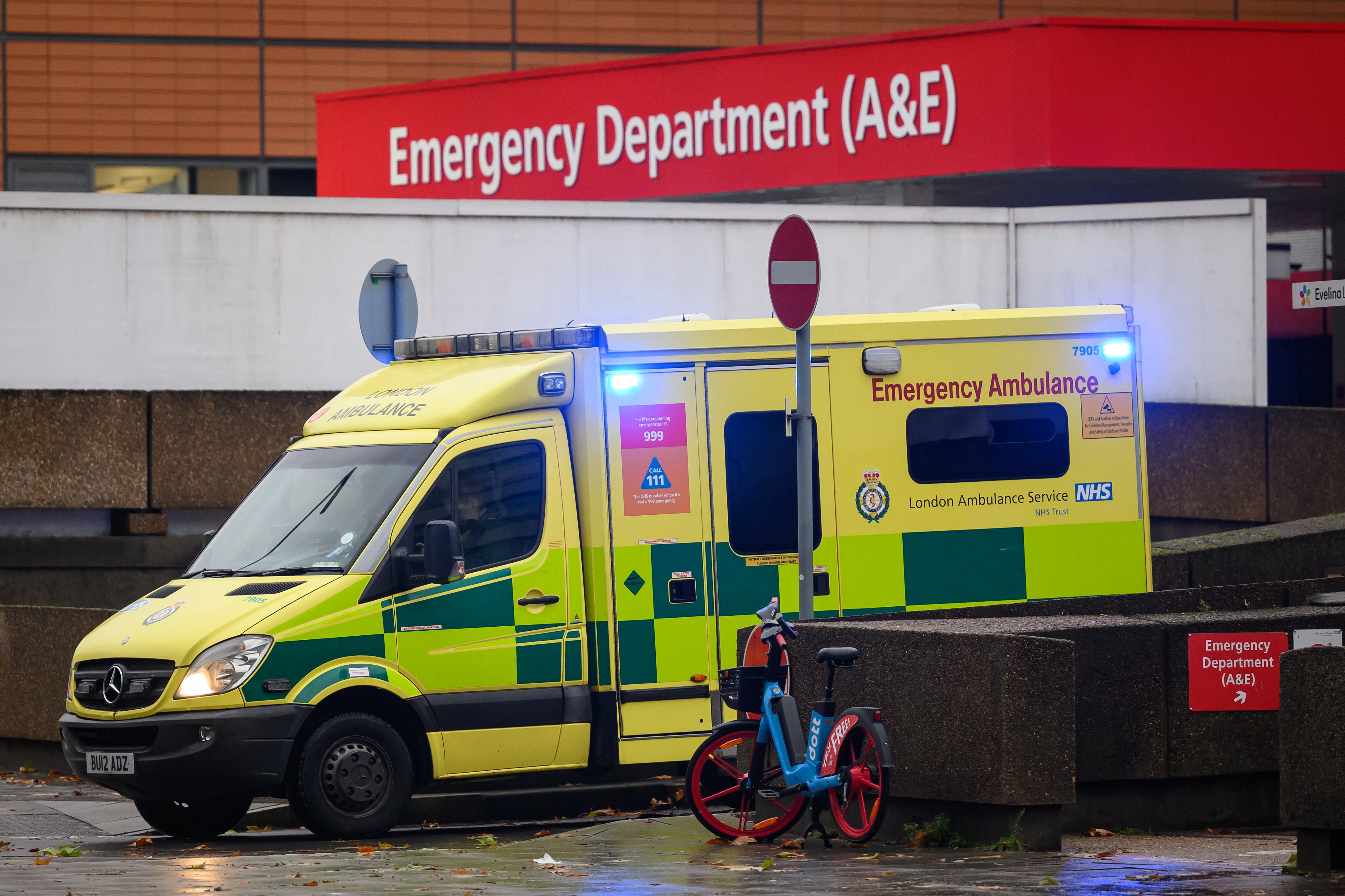Second man dies over ‘bad batch’ of heroin as Devon police issue urgent warning
A total of 10 people hospitalised as urgent alert for potent synthetic opioids issued in nearby Bristol

Your support helps us to tell the story
From reproductive rights to climate change to Big Tech, The Independent is on the ground when the story is developing. Whether it's investigating the financials of Elon Musk's pro-Trump PAC or producing our latest documentary, 'The A Word', which shines a light on the American women fighting for reproductive rights, we know how important it is to parse out the facts from the messaging.
At such a critical moment in US history, we need reporters on the ground. Your donation allows us to keep sending journalists to speak to both sides of the story.
The Independent is trusted by Americans across the entire political spectrum. And unlike many other quality news outlets, we choose not to lock Americans out of our reporting and analysis with paywalls. We believe quality journalism should be available to everyone, paid for by those who can afford it.
Your support makes all the difference.A second man has now died after an “unusually strong batch” of heroin circulated across north Devon – as experts sound the alarm over fatally potent synthetic opioids infiltrating Britain’s illicit drugs market.
One man died after taking heroin on Friday while a second man, who had earlier been admitted to hospital, died late on Saturday.
They are both believed to have died after taking the same batch which circulated across Westward Ho!, Bideford and Barnstaple, Devon and Cornwall Police said.

A total of 10 people have been admitted to hospital for treatment, including the man who died on Saturday. Two still remain in hospital.
Two men and two women arrested on suspicion of being involved in the supply of a controlled substance have now been released on police bail pending further inquiries.
A major incident had been declared by police, but it was stood down on Saturday morning.
Senior investigating officer Detective Superintendent Ben Davies said: “While we believe the substance found on Friday has been contained and there is no threat to the wider community, we continue to investigate the circumstances of the now two deaths as a result of taking this substance.
“We are continuing to carry out tests in order to ascertain what the substance is, but suspect it is a form of heroin combined with another substance which users will find causes more serious effects than heroin which they might usually use.”

It came as drug-testing service The Loop said they had detected nitazenes – powerful synthetic opioids which can be up to 500 times stronger than heroin – in multiple samples of heroin from different sources in nearby Bristol on Friday.
Issuing an urgent drug alert, the charity stressed the importance of carrying the overdose-reversal drug naloxone, and urged people using heroin to avoid doing so alone.
Nitazenes have already been linked to more than 100 deaths in the UK since June 2023, according to the National Crime Agency, and have been discovered in not just heroin – but also benzodiazepines, cocaine and cannabis products.
This includes in prisons, as revealed by this publication last month, shortly before a further four deaths behind bars sparked a fresh police warning in south Wales.
With the Taliban’s crackdown on opium production driving concerns of an influx of the cheaper and more easily transportible drugs across Europe, experts are urging the government to rapidly scale up proven interventions such as drug testing services and heroin-assisted treatment.
They are also being urged to follow the likes of America, Canada, France, Australia and Iceland in supporting the creation of overdose prevention centres – with plans to open services offering an alternative to street-injecting now under way in Scotland, and potentially in Wales.
Following the announcement of a second man’s death in Devon in just two days, Det Supt Ben Davies said: “Health partners are continuing to work with local drug users in a bid to safeguard them as much as possible, but we would continue to urge any users to exercise extreme caution.
“Advice remains that if you feel you are suffering an adverse reaction or are in the company of someone in a need of urgent medical attention, call 999 for appropriate care and help.”